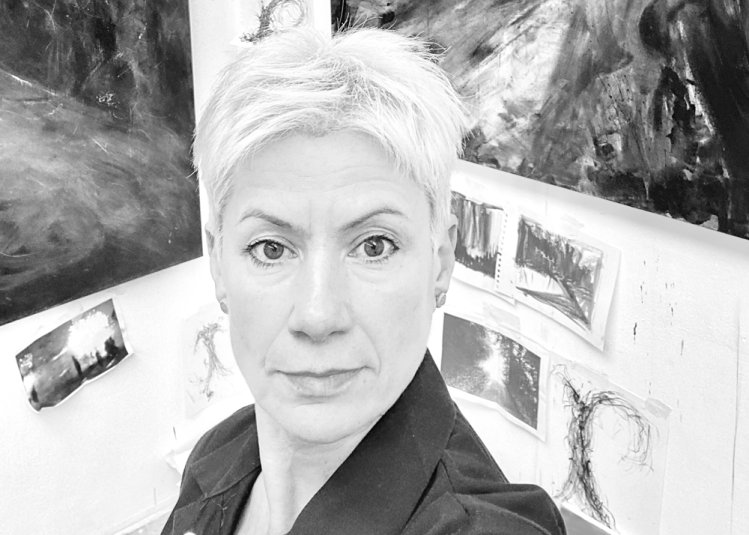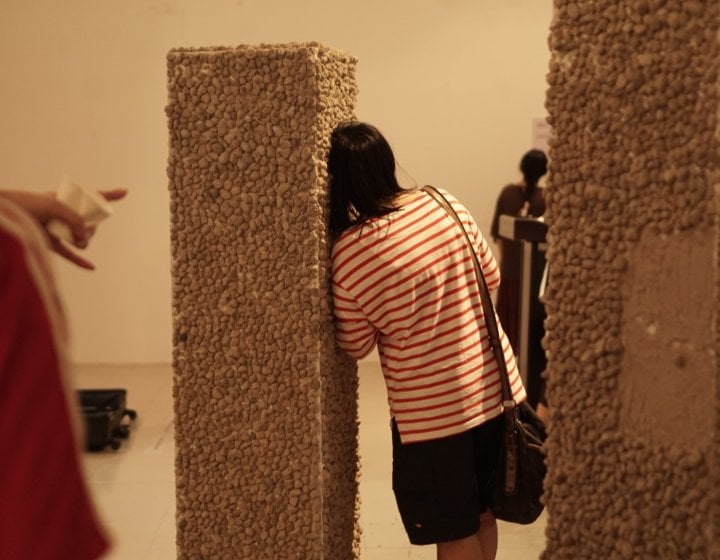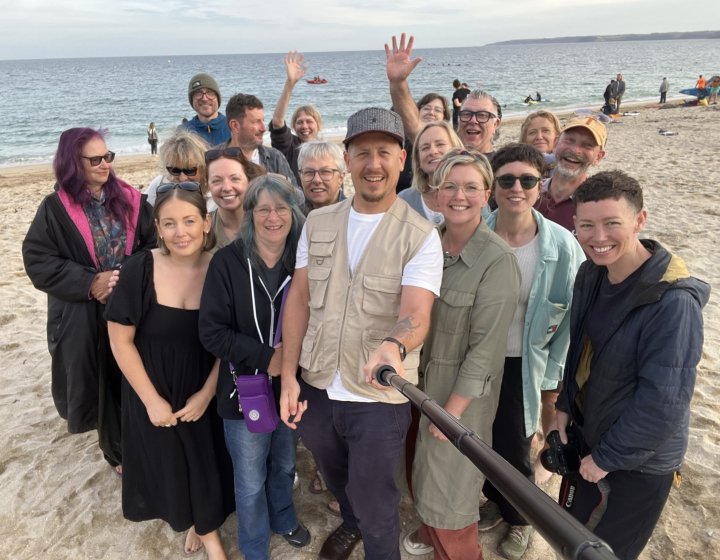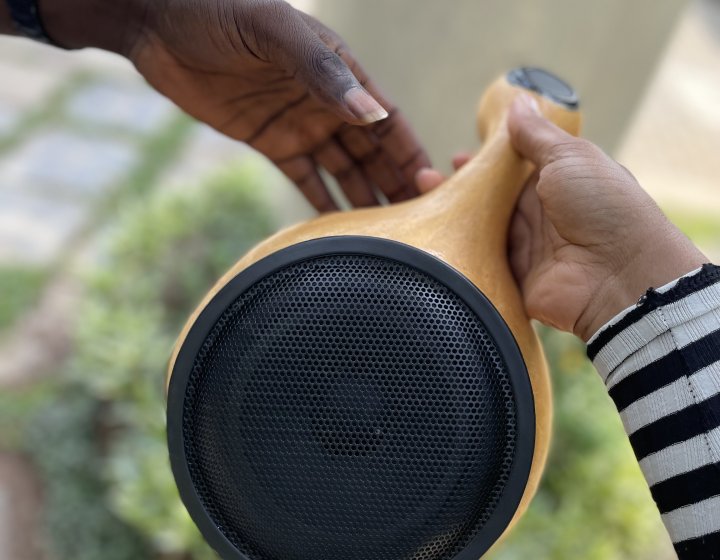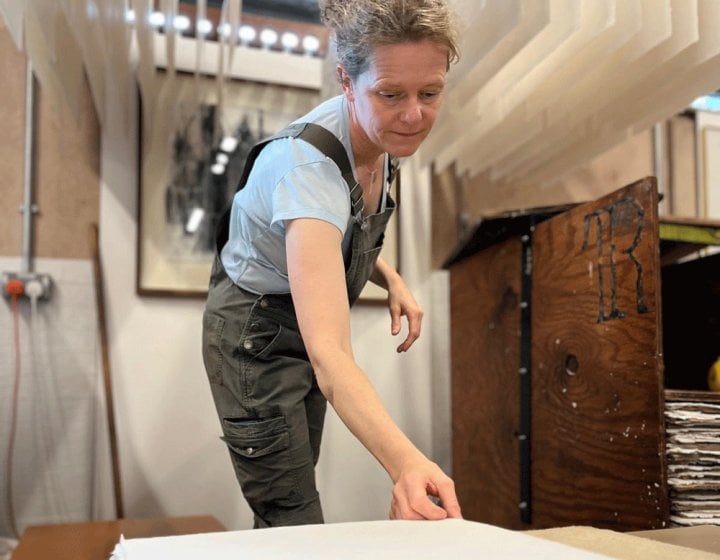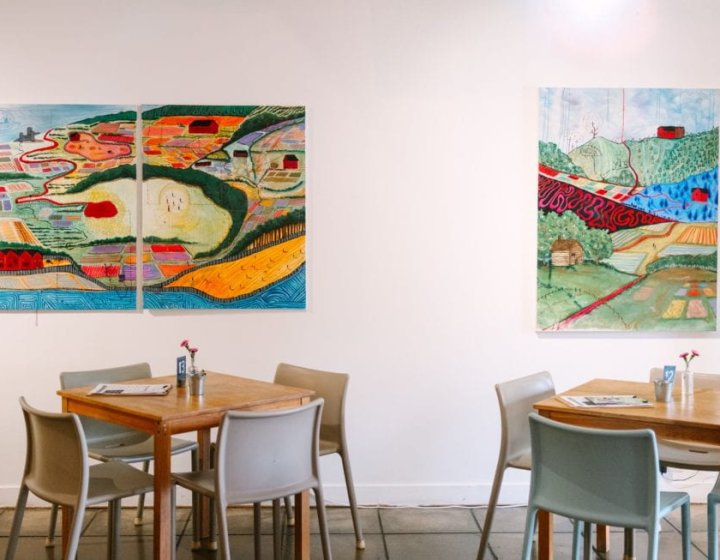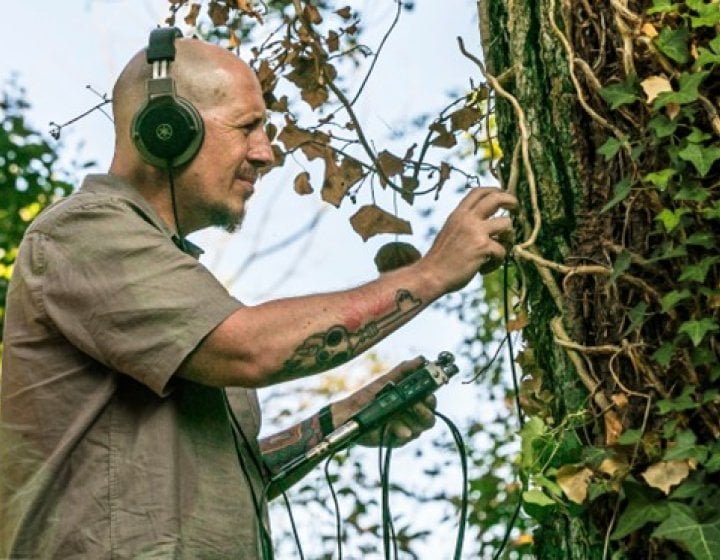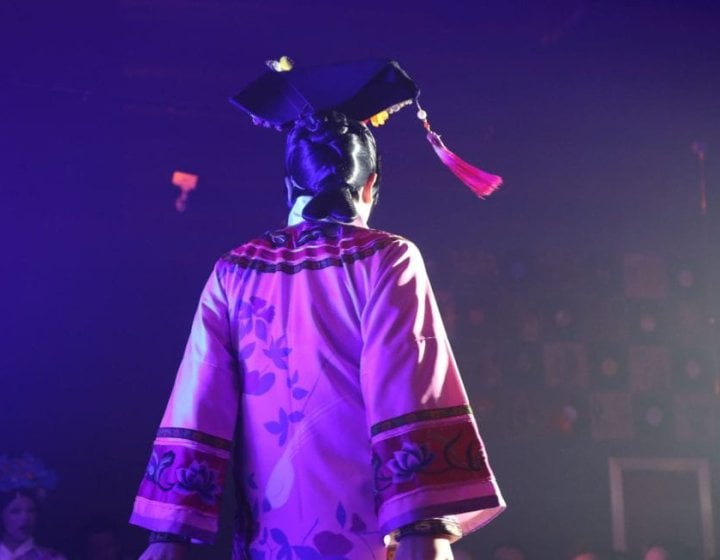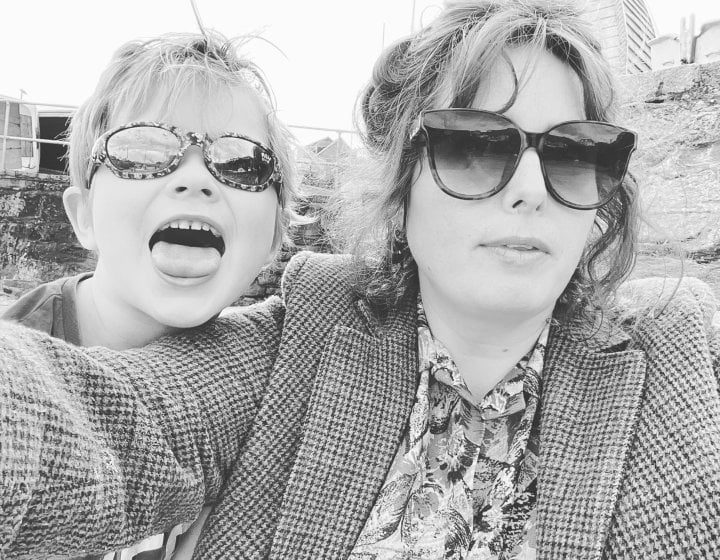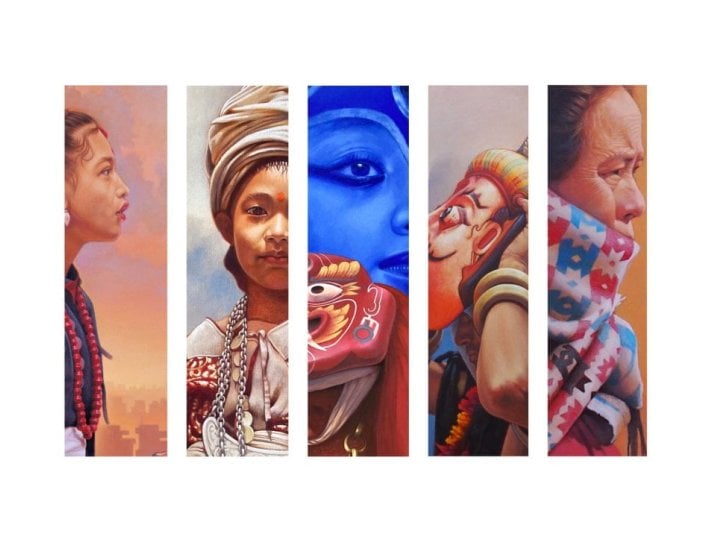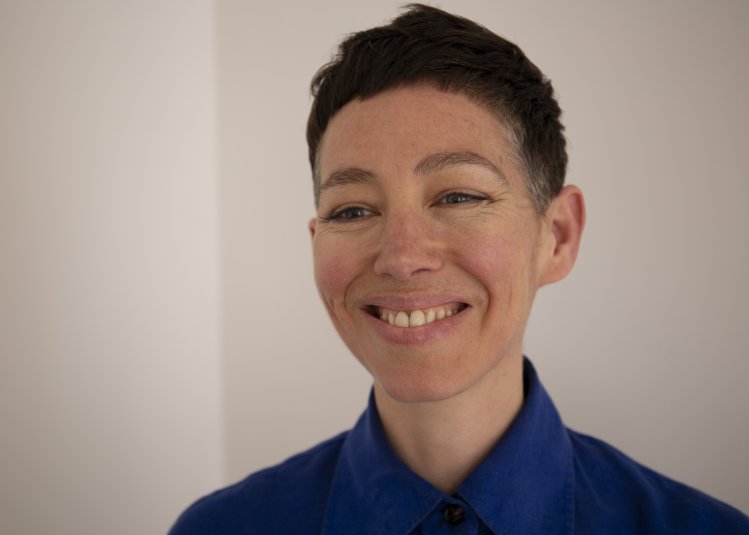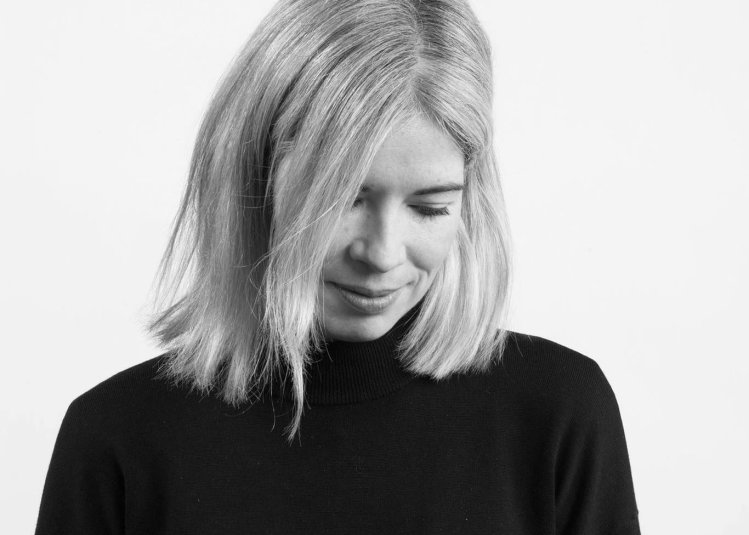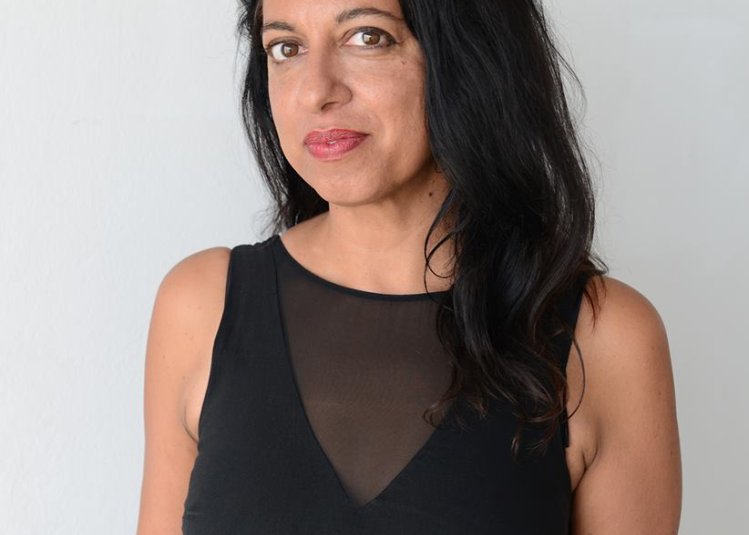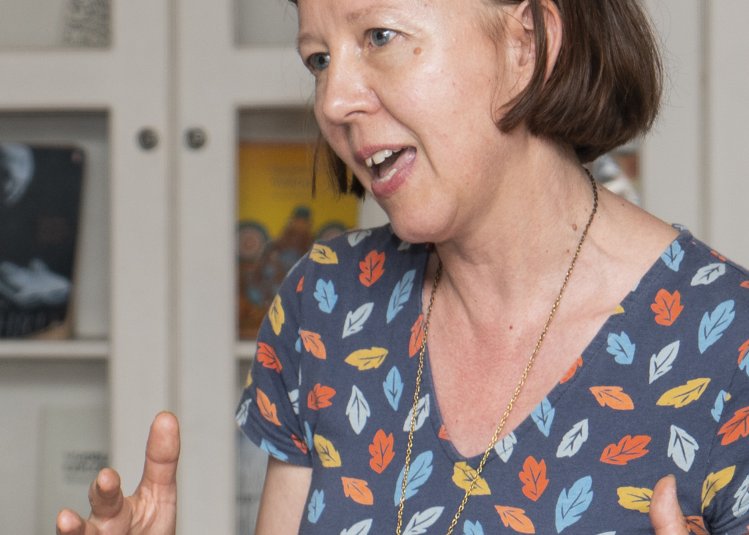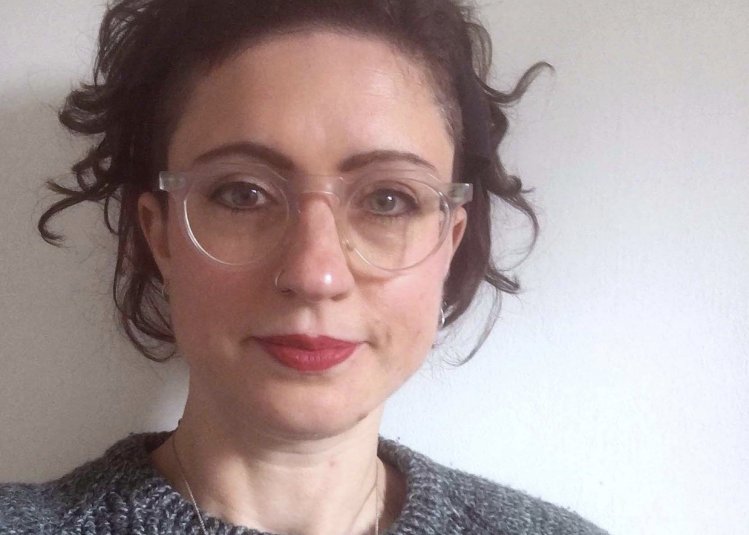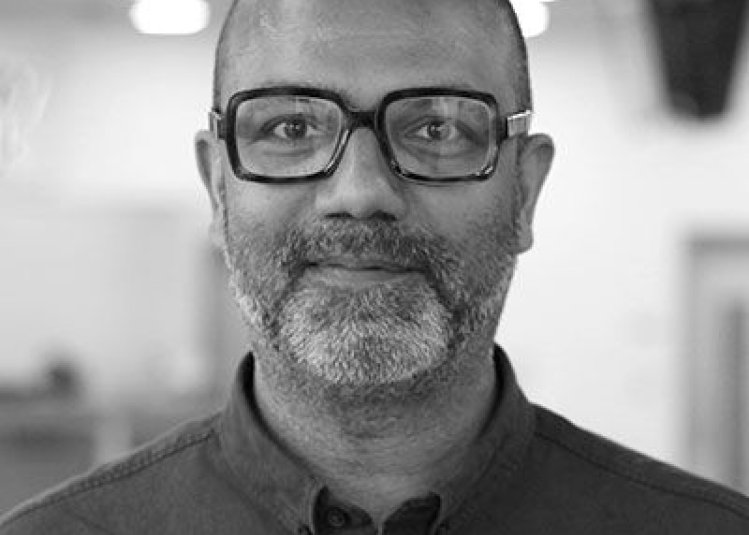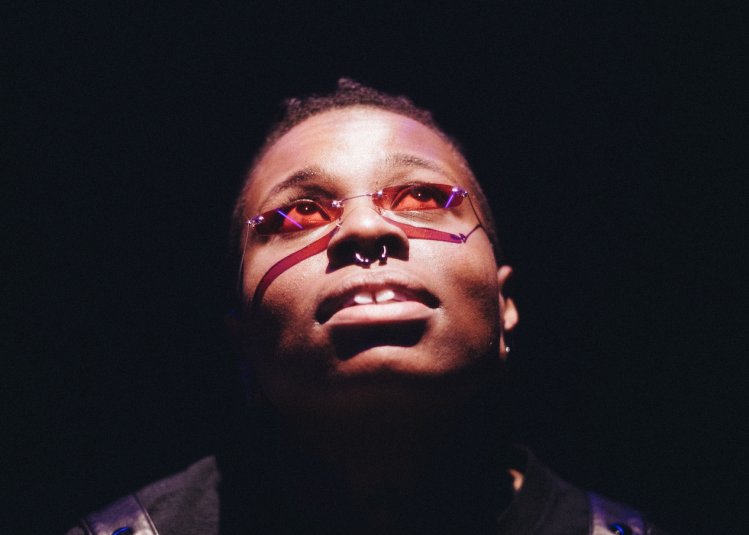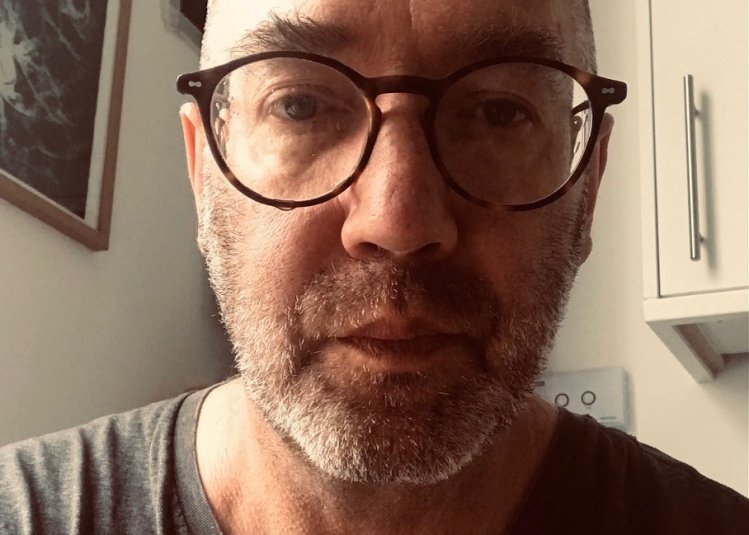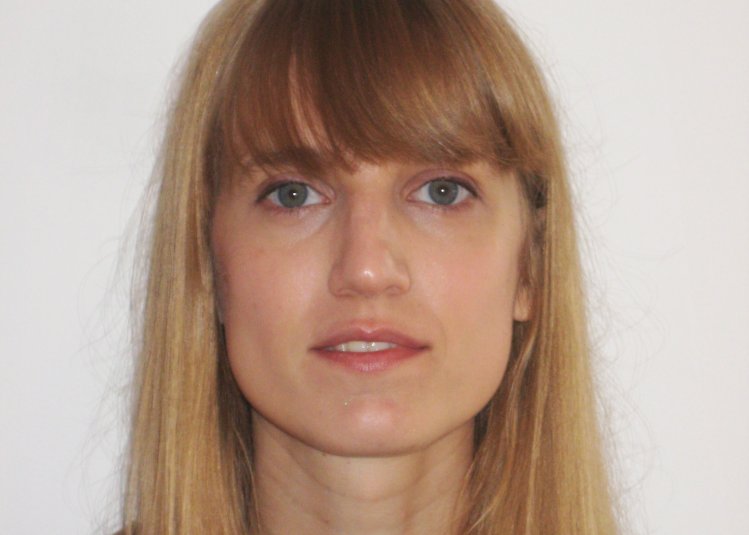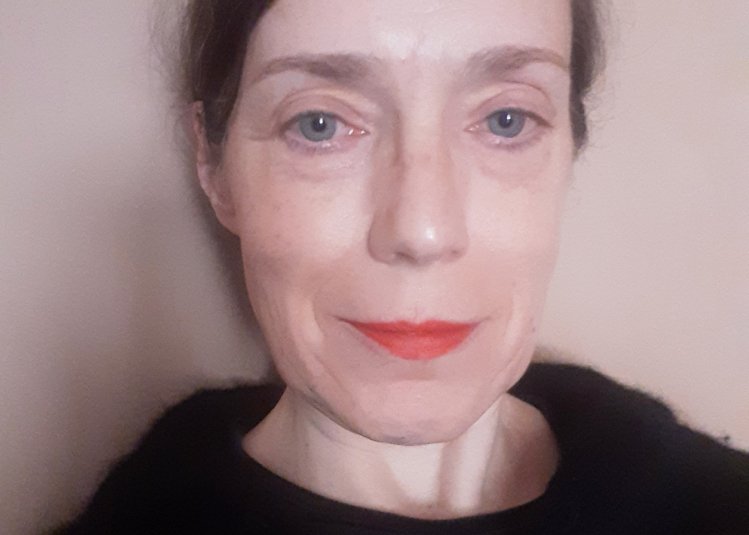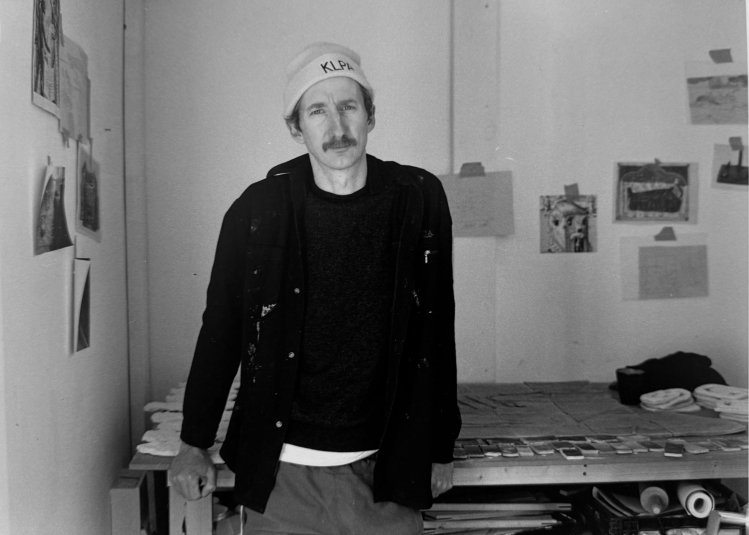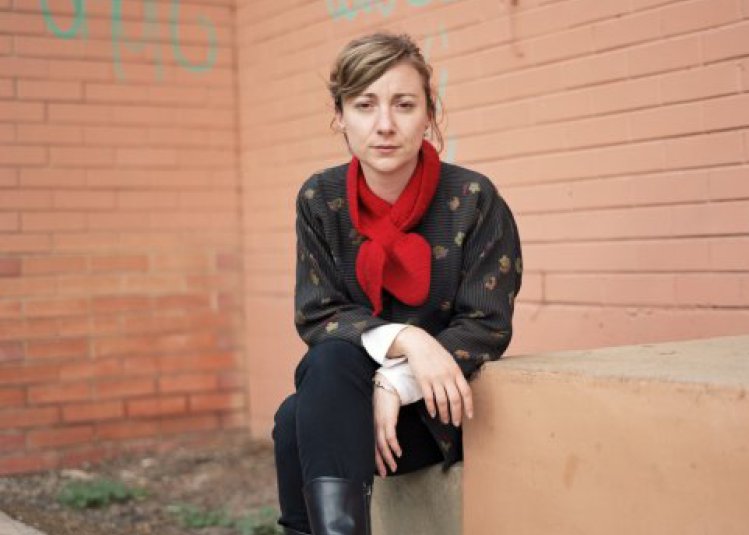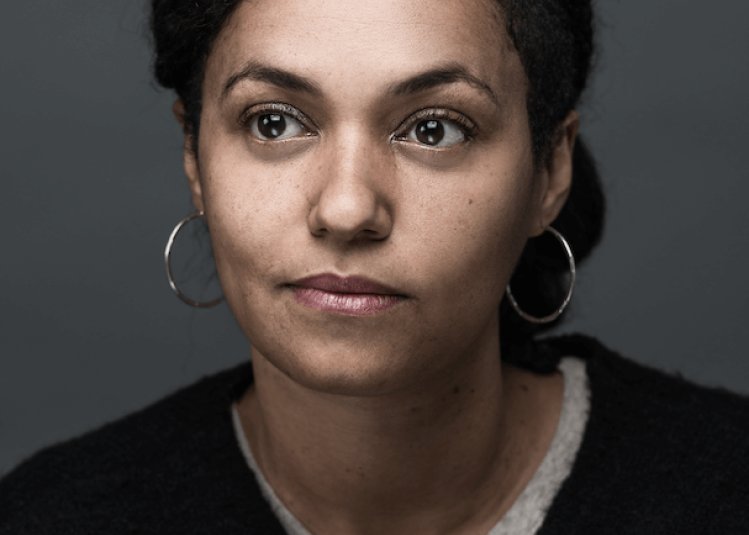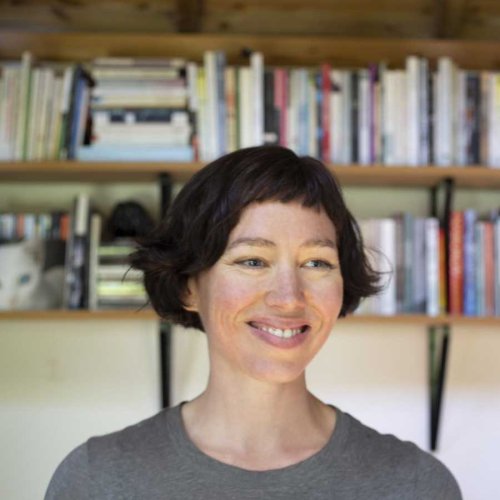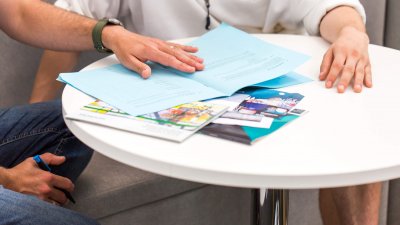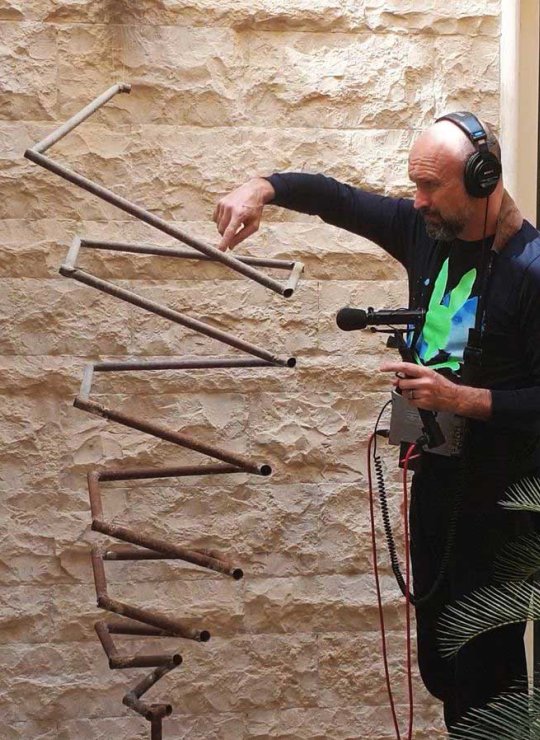
Fine Art MA (Online)
Tap into Falmouth’s renowned fine art expertise from your home and studio.
Course overview
Falmouth School of Art challenges student artists to explore and address both the contemporary moment and the developing future. On this online MA course, you’ll learn to build a sustainable practice that engages with global political, economic, social and ecological change.
You’ll be supported to experiment and collaborate within an international network of peers and professionals. Our lecturers and tutors are practising artists, curators, writers and researchers, building knowledge cooperatively with students in flexible online spaces. You’ll make a body of work that culminates in an ambitious public-facing project, wherever you are in the world.
Why study this course at Falmouth?
• Be supported to try new ways of working, deepen your material knowledge and develop your analytical skills
• Be informed by the wide range of expertise our artist lecturers and tutors bring to the course, supported by a dynamic programme of online guest lectures and workshops
• Build an understanding of historical and contemporary contexts, networks and opportunities within the professional art world
• Consider the impact of your practice and ask how it engages with global conversations
Start dates: January / May / September
(Three intakes per year)
Similar courses
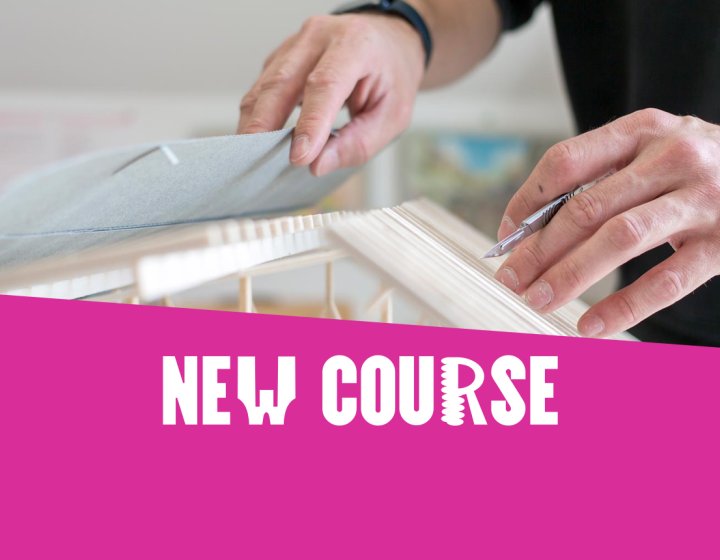
Spatial Design MA
Learn to design spaces that are responsible, ethical and responsive to real communities. ...
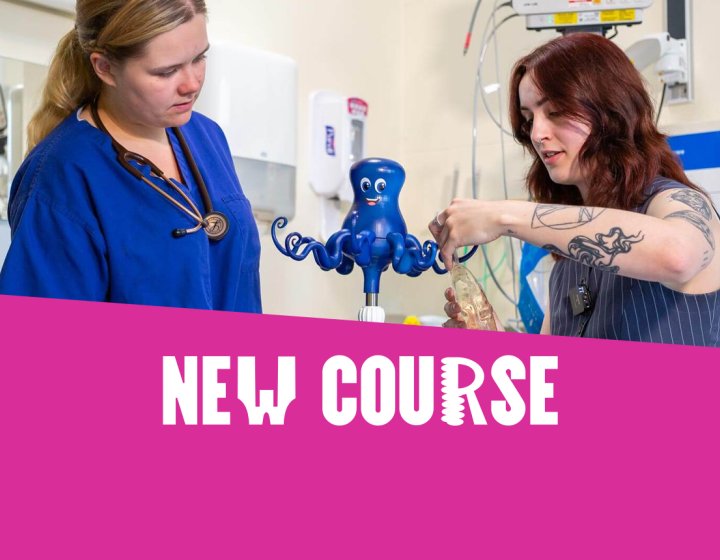
Design Innovation MSc
Challenge and shape the future of conscious, global design.
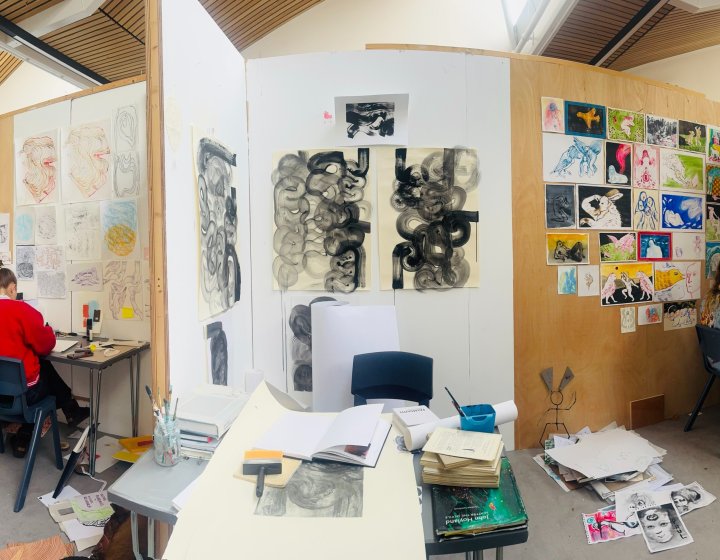
Fine Art MA
Refine your artistic practice through experimentation, innovation and applied research.
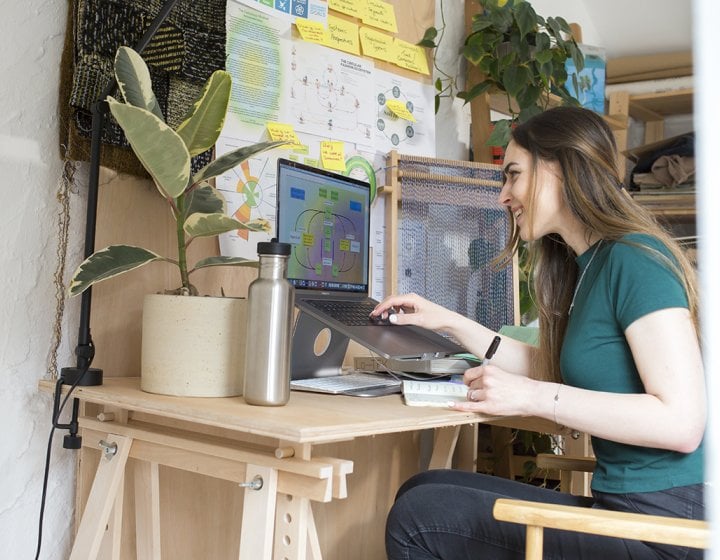
Sustainable Fashion MA (Online)
Become a conscious changemaker in the 21st century fashion industry. Position yourself as a catalyst...

User Experience Design MA (Online)
Learn how to apply key principles of user-centered design to create original work based on your own ...
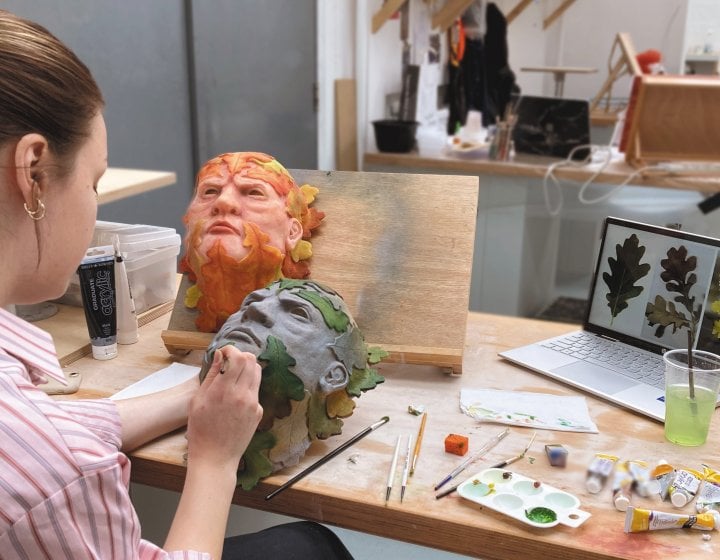
Prosthetic Effects MA
Launch your career in prosthetic effects with this unique course. Working hand-in-hand with world-cl...
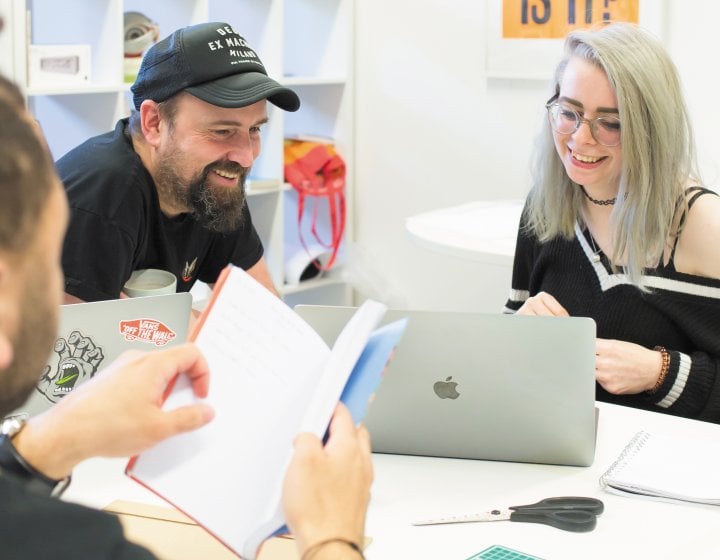
Communication Design MA
Design thinking is an essential tool for understanding the world around us, and at a time of unprece...
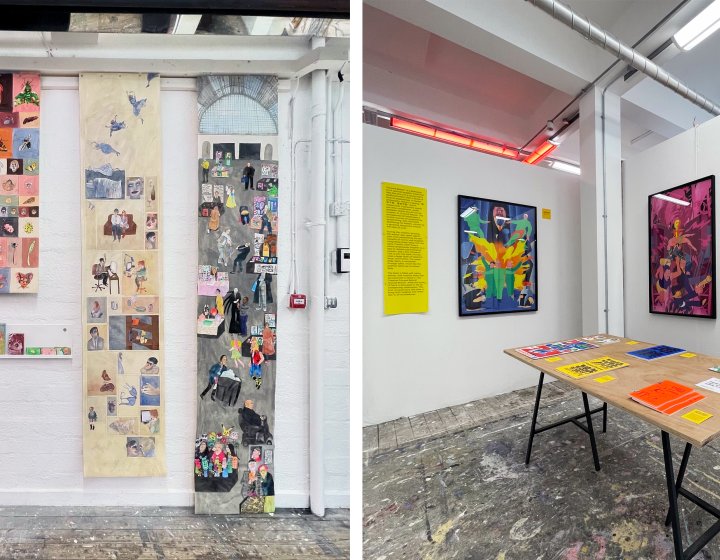
Illustration: Authorial Practice MA
Develop your unique visual language on this studio-based Illustration MA. You’ll learn to see your...
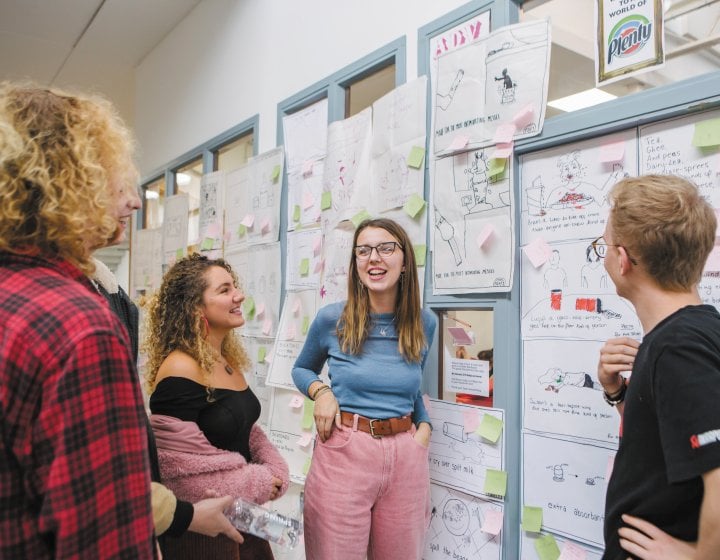
Creative Advertising MA
Master the contemporary craft of advertising. On this innovative master's course, you’ll ente...




